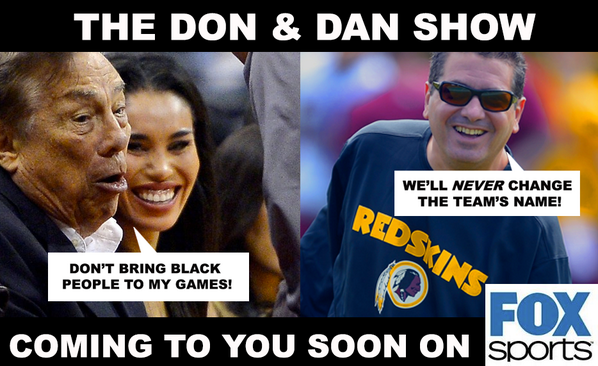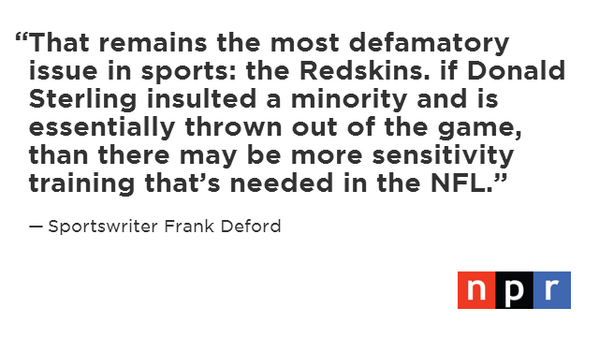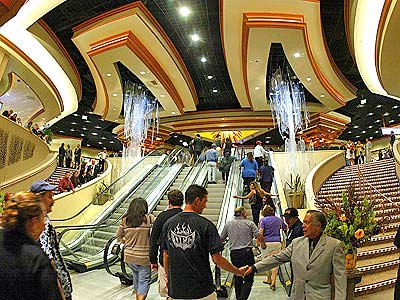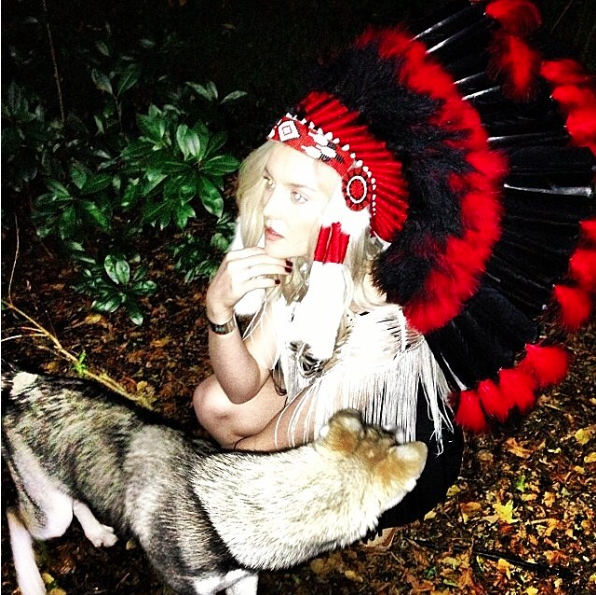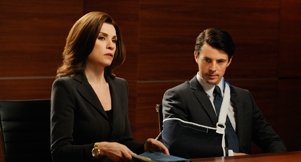Members of Congress link NBA’s Sterling controversy to NFL’s debate over Redskins
By Aaron C. Davis
Del. Eleanor Holmes Norton (D), the District’s nonvoting member of Congress, sought to capitalize on the National Basketball Association’s swift action against Los Angeles Clippers owner Donald Sterling, saying the National Football League could learn a lesson about dealing with racism in its ranks.
Norton called on NFL Commissioner Roger Goodell to follow the “moral example” of NBA Commissioner Adam Silver, who on Tuesday banned Sterling for life from the league over comments about African Americans.
“It shows a big difference between two major sports leaders,” Norton said in an interview. “One was willing to act and clearly separate his league from racism. The other is appearing to condone it by not even requesting [Redskins owner Daniel] Snyder to change the name.”
Senate Majority Leader Harry M. Reid (D-Nev.) went further, saying that national outrage should now be directed toward the NFL for its refusal to change the name of the Washington Redskins.
“How long will the NFL continue to do nothing—zero—as one of its teams bears a name that inflicts so much pain on Native Americans?” Reid asked.
By Chris Feliciano Arnold
Granted, Sterling and Snyder are not a perfect bigot-to-bigot comparison. Sterling’s 19th century plantation worldview is especially stomach-churning given that African Americans represent the majority of the NBA’s players, stars and legends—and a vital fan base. Snyder, on the other hand, is free to profit from racial exploitation of a people who remain among the most marginalized in our society. (One problem is the lack of Native American representation in the NFL. According to 2013 data, Native American representation among league management is well below 1%, with similarly low numbers among players, coaches and management across the league.)
The Sterling debacle should give NFL Commissioner Roger Goodell inspiration to emulate Silver. While the term “redskin” is relatively innocuous in its historical context, time has rendered it a relic that reinforces offensive Wild West stereotypes. A white billionaire’s determination to exploit those stereotypes reduces years of genocide against Native Americans to a crude exercise in branding. The name has incited debate for more than 20 years, but the NBA’s action against Sterling opens the door for Goodell to leverage his power and demonstrate that no single franchise, no matter how profitable, trumps the values of the entire league.
If that were the happen, the Sterling circus could usher in a better era in American pro sports, pressuring other franchises to follow suit by retiring names and mascots like the Cleveland Indians’ “Chief Wahoo,” a gross caricature that has been protested for years.

NBA Rejects Racism, MLB And NFL Continue Their Silence
By Chris Weigant
The Washington Redskins and Chief Wahoo are not something said in private. They are as public as it gets. Millions of dollars are made each year by the sale of merchandise with these names and logos prominently appearing. Yet the leagues do nothing.
It's not like they are unaware that people are offended, either. The Redskins are in a legal battle against a group which is trying to get their trademark revoked (for being patently offensive), and members of Congress have weighed in on the controversy by asking the team owner to change the name. The Redskins are well aware of the problem. The team owner refuses to budge. The league remains mostly silent. Silence, in this instance, equals consent. Why is blatant racism unacceptable when directed against African Americans but acceptable when directed against Native Americans? You'll have to ask the leaders of the NFL and MLB, because I have no answer to that question.
There are other team names and logos which use Native American names and images (the Chiefs and the Braves, to name two). However, the Redskins and Chief Wahoo are the worst examples. The Braves retired their mascot ("Chief Noc-A-Homa"... get it?), but still do an awfully offensive "tomahawk chop" chant at their home games.
By Michael Babad
This wasn’t lost on First Nations, who have long suffered open racism as society tolerates pro club names like the Washington Redskins, the Atlanta Braves and the Kansas City Chiefs.
Not to mention the Cleveland Indians and their repugnant caricature of a smiling Chief Wahoo. The club has now playing up a new logo–a big C–but reportedly the other will still exist.
There is pressure on Washington to change the club’s name, but there’s no sign of that happening. Indeed, owner Dan Snyder has reportedly said he won’t.
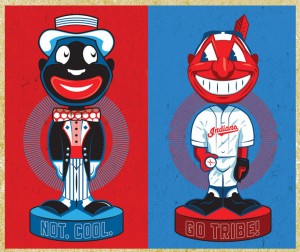
No tolerance for racism (against blacks)
Some thoughts on why black players spoke out against Sterling:
Sterling's Comments, Snyder's Condescension: Two Sides of Same Coin
By Jacqueline Keeler
When Snyder says, “WE’LL NEVER CHANGE THE NAME. It’s that simple. Never—you can use caps,” and Sterling says “We live in a culture, we have to live within that culture. I DON’T WANT TO CHANGE,” we are looking at two sides of the same coin. It is in direct contrast to President Obama’s refrain from his 2008 election night acceptance speech, “Change is coming to America.” An America built on the invention of the very concept of “race” to uphold the dual practices of slavery and land theft that lies at the very foundation of this colonial-settler country that is now threatened by a Black President, Black athletic excellence and success and Native people asserting control over their representations in the media and in sports.
Cliven Bundy wondered in a taped interview if Black people “were better off as slaves” and accused them of being welfare freeloaders--Cliven Bundy, a white man who has been grazing for free for 20 years on land half the size of Rhode Island and owes the U.S. one million dollars in fees and fines. You can see how little many in the United States have moved on from the Civil War, the rupture that was the first real attack on the slavery/land theft complex that birthed this country.
I thought a lot about the differences in American perspectives—particularly those of Black Americans, like the Washington Redsk*ns player DeAngelo Hall, who said earlier this year in an interview with Mike Hill of Fox Sports, “They probably should [change the name], but they won’t for awhile at least.” He then backtracked on this rather tepid support of Native American concerns after ostensibly receiving pressure from Snyder, saying, “I can’t claim to understand where they’re coming from or their viewpoint, so for me to say what’s right or wrong or what should be changed is out of my pay grade. That decision ultimately--you know me, all teammates and I have stayed away from this topic. It’s one where you really can’t be right.”

Bad people vs. flawed system
And some thoughts on why many people spoke out against Cliven Bundy and Donald Sterling:
This Town Needs a Better Class of Racist
It's easy for polite American society to condemn Cliven Bundy and banish Donald Sterling while turning away from the elegant, monstrous racism that remains.
By Ta-Nehisi Coates
The problem with Cliven Bundy isn't that he is a racist but that he is an oafish racist. He invokes the crudest stereotypes, like cotton picking. This makes white people feel bad. The elegant racist knows how to injure non-white people while never summoning the specter of white guilt. Elegant racism requires plausible deniability, as when Reagan just happened to stumble into the Neshoba County fair and mention state's rights. Oafish racism leaves no escape hatch, as when Trent Lott praised Strom Thurmond's singularly segregationist candidacy.
How can it be that in a "black league," as Charles Barkley calls the NBA, an on-the-record structural racist like Donald Sterling was allowed to thrive? Everyone now wants to speak to Elgin Baylor. Where were all these people before? Where was Kevin Johnson? Where was the Los Angeles NAACP? When Donald Sterling was driving black tenants out of his buildings, where was David Stern?
Far better to implicate Donald Sterling and be done with the whole business. Far better to banish Cliven Bundy and table the uncomfortable reality of our political system.
And so the racism in America continues. Perpetuated by people who assure themselves they aren't racists. "It's bad people like Bundy and Sterling who are the problem, not me."
For more on the subject, see What Bundy and Sterling Tell Us and First Sterling, Then Snyder?



